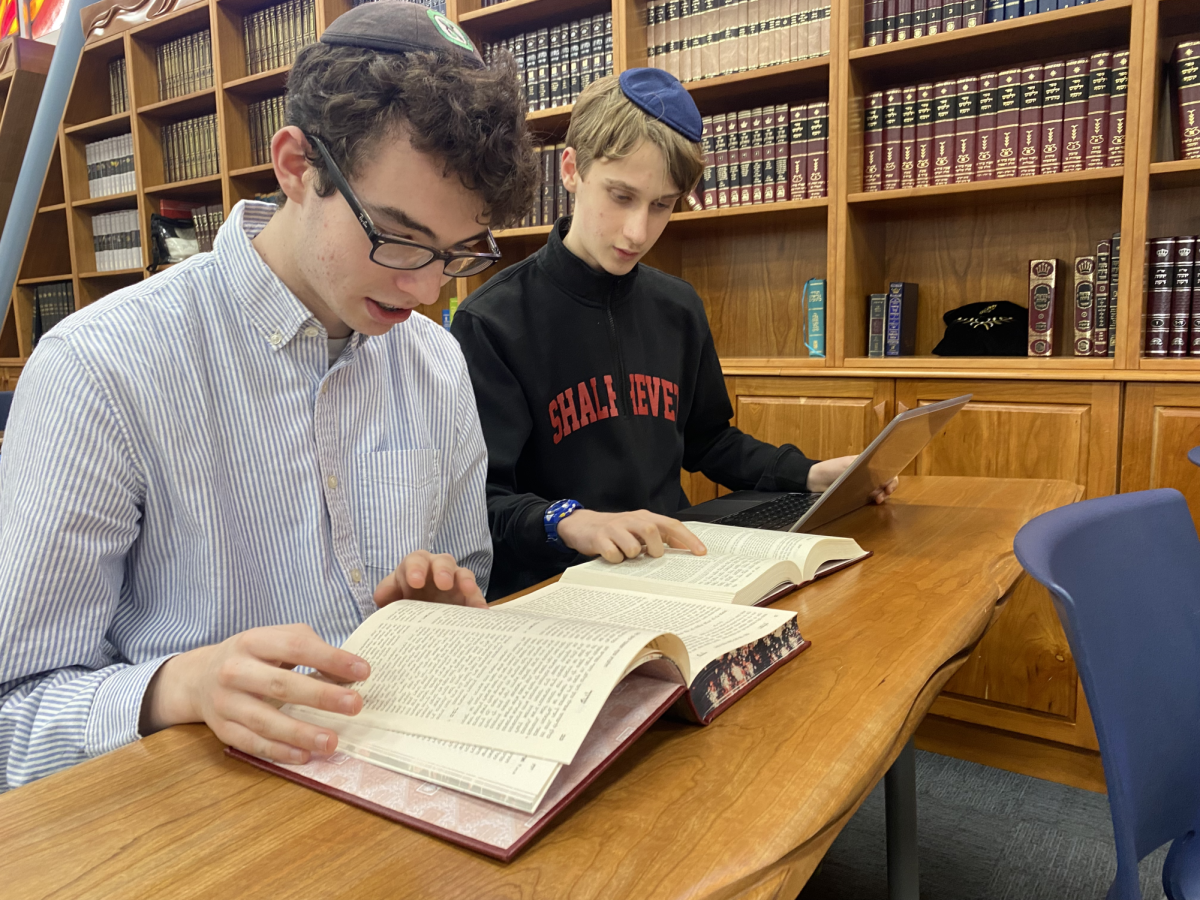Torah portion for the week of August 25
Parashat Ki Tavo opens with the commandment for Bnai Yisrael to separate two tithes, or 10-percent portions, of yearly produce to donate to the Leviim. However, only some of the tithes must be given to the Leviim; the others, designated “second tithe” or ma’aser sheni, are given as a donation to the poor.
As stated previously in Parashat Re’eh, the Leviim are reserved a share of the nation’s produce because they were not guaranteed a permanent division of land in Eretz Yisrael. “So then the Levi may come – for he has no portion or inheritance with you.” (Devarim 14:29)
What does the Levi get in compensation for lacking a permanent dwelling, other than the tithes? The 12 tribes of Israel that settled Eretz Yisrael differ from the 12 sons of Yaakov, because Yosef split into two tribes (Efraim and Menashe) and Levi is omitted. Instead, the tribe of Levi is given dozens of “Levite cities,” scattered among the Land of Israel. These 48 cities are placed strategically around Eretz Yisrael so that the Leviim would have to pass through non-Levite land to get from city to city. The Ramban explains that this allowed the Levite’s devotion to God and observing of the Torah to be publicly displayed, for all to see.
Chapter 21 of Yehoshua discusses, in depth, the locations of the Levite cities, mentioning that six of them would be designated as cities of refuge. Described in more detail in last week’s Parsha, the cities would serve as a safe haven for those who commit involuntary manslaughter. Back in Bamidbar 35, it is explained that cities are built to spare the lives of accidental killers. The significance of the cities also being Levite cities is that the Levites would help absolve some of the fugitive’s guilt. Those who commit involuntary manslaughter stay in the City of Refuge until the death of the Kohen Gadol; he is then from vengeful family members. Rashi says that the Kohan Gadol shares some responsibility for the death, because he couldn’t prevent the death with prayer.
Also a Levite by tribe, the Kohen is guaranteed a yearly gift of bikkurim, or first fruits of the harvest, as commanded in this week’s Sedra. The role of the Kohen and Levite in Bnei Yisrael is evident by their compensations, outlined in Ki Tavo.







